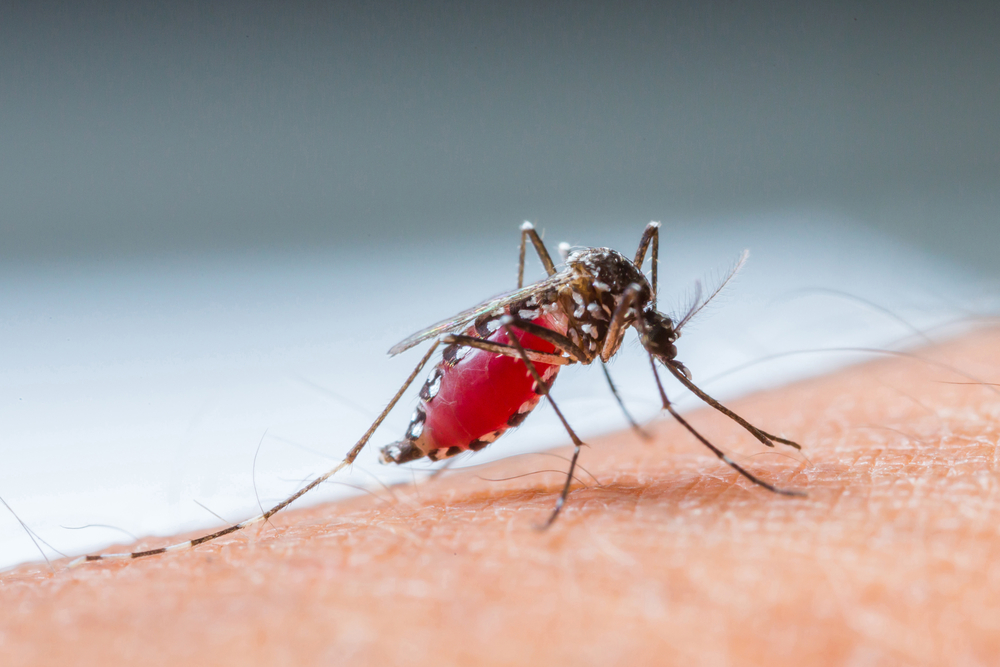
The Department of Health (DOH) revealed that three of the 14 Dengvaxia-vaccinated children had died of dengue, but defended that the cause of the deaths is not necessarily due to the controversial vaccine.
Health Undersecretary Rolando Enrique Domingo presented the findings of the University of the Philippines-Philippine General Hospital (UP-PGH) Dengue Investigative Task Force in a press conference on Friday.
“Tatlong kaso ang nakitaan ng causal association. Sila ay namatay sa dengue kahit sila ay nabigyan ng Dengvaxia — dalawa sa kanila ay maaaring dulot ng vaccine failure (Three cases were found to have casual association. They died because of dengue despite being vaccinated with Dengvaxia — two of them could have resulted from vaccine failure),” Domingo said.
PGH Director Gerard Legaspi, for his part, explained that all three died due to “dengue shock syndrome,” and not because of the vaccine.
“There is no direct evidence for now that the vaccine caused any change in the course of the dengue shock syndrome of the kids,” Legaspi said.
“Namatay sila dahil sa dengue. Kaya ayun ang declaration ng Task Force (They died because of dengue. That is what the Task Force declared), that the cause of death was the dengue shock syndrome and not the vaccine,” he added.
Legaspi noted that the “same manifestations” would have appeared on the cases of the three patients whether they have been vaccinated or not.
According to the health officials, only those three patients were confirmed positive for dengue so far.
Domingo stressed that the tissue samples of the three cases still need to be further examined. Most of the children that were vaccinated died due to other diseases they acquired after receiving Dengvaxia.
“Tatlo sa 14 na kaso ng pagkamatay ay walang kinalaman sa Dengvaxia o nagkataon lang na ang nabakunahan ay nagkaroon ng ibang malubhang sakit na hindi dulot ng bakuna (Three out of 14 cases of deaths have nothing to do with Dengvaxia or it just happened that those who have been administered had developed a severe disease which is not caused by the immunization),” the Health Undersecretary said.
He also cited six cases that developed other diseases within 30 days after being vaccinated, but there was no clear evidence yet if the cause of their deaths were due to Dengvaxia.
The deaths of the last two cases examined by the Dengue Investigative Task Force remained a mystery due to lack of information submitted to the panel.
The PGH panel of experts suggested to conduct further investigation before the findings are declared final.
The health department has been monitoring all of the children that have received Dengvaxia since March of 2016. Any reports of deaths or disease that have come to these children will be forwarded to the PGH for review to study if there is any relationship between the fatality and the vaccine.
The school-based immunization program was suspended by Health Secretary Francisco Duque III last year after Sanofi Pasteur, manufacturer of Dengvaxia, admitted that the vaccine could lead to severe dengue if administered to persons who have not been infected with the virus.